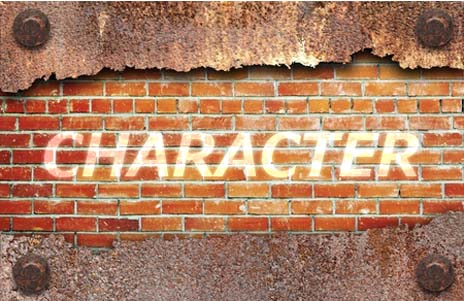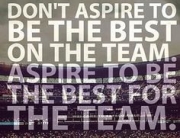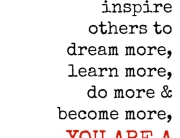 The cracks in our character are revealed during a crisis. It is so easy to be happy and upbeat when all is well and the sun is shining. But, how do you respond in situations when you feel pissed off because you just experienced an act of being pissed on? I think many of you can relate to a situation when your pleasant cheesy smile turns into an angry scowl.
The cracks in our character are revealed during a crisis. It is so easy to be happy and upbeat when all is well and the sun is shining. But, how do you respond in situations when you feel pissed off because you just experienced an act of being pissed on? I think many of you can relate to a situation when your pleasant cheesy smile turns into an angry scowl.
About ten years ago I recall an incident occurring at my son’s baseball practice. The coaches are about to start practice, and the kids as usual, are horsing around in the dugout. I’m having a good time with my friend and all of the sudden I hear a sound like a ball had been hit. When I turn around my son is holding his head and he’s in the midst of trying to release that initial verbal outburst before crying. My friend saw my face and he was scared for everybody on the field. I didn’t totally flip but I was on the edge. I first tended to my son to assess the damage and then I addressed the kids in the dugout. The message was delivered in a harsh tone, but they understood my concern for the safety of the entire team. My body language and facial expressions revealed anger. I was not only angry at the coaches but I was angry with myself as well. I thought I should have been proactive in addressing the horseplay before an injury occurred. My anger drove me to a decision of not speaking with the coaches that day. I was so pissed my eyes whites were yellow! However, I spoke with the head coach during the next practice to ensure we were on the same page regarding safety. In retrospect, we all have a part in the solution but we have to govern our emotions and check our character to reach the best solution.
We need to recognize that:
1. We can’t control every situation
2. We can’t control how other people respond
3. We can control the way we respond to others
4. We can attack problems instead of people
We can produce a positive outcome by taking step to evaluate the situation. Ask yourself these three questions:
Do I have emotional stability?
Do I have all of the facts?
What can I do to be part of the solution?
“Be more concerned with your character than your reputation, because your character is what you really are, while your reputation is merely what others think you are.”
-John Wooden






